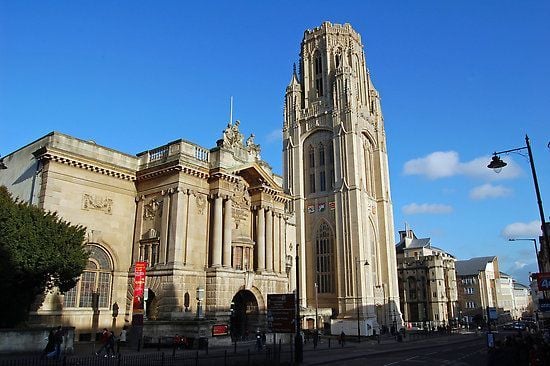This five-year course in Aerospace Engineering combines our taught course with an opportunity to apply your knowledge in an industrial environment in your third year. The course is tailored to equip you with the broad set of skills required to solve the engineering problems of the future.
There is no direct entry into this course but you can apply to transfer from our other aerospace engineering courses if you meet the required academic standard and are successful at the industry interview. Places are limited and are highly competitive.
You will study a wide range of subjects, organised across four main themes: aerodynamics, structures and materials, dynamics and control, and systems and design. You will apply your knowledge and professional engineering skills to diverse applications such as fixed and rotary wing aircraft, spacecraft and space missions, and renewable energy.
The first two years of the course are devoted to core concepts, which are taught via lectures, supported by practical experience through coursework, and computer and physical lab activities. In addition to core theoretical knowledge, you will develop wider skills, such as teamwork and presentation skills, as part of our design-build-test project.
You will undertake your placement in your third year.
The research project in your fourth year will allow you to apply your technical knowledge to tackle an open-ended problem; for example, the automated landing of an unmanned air vehicle (UAV), design of a potential space mission, or experimental testing of advanced composite materials. You will be working closely with academics who are world-leading specialists in their research areas, and make use of our extensive facilities.
The degree is capped off by a group design project in the final year. This is an industrial-focused project where you will work in groups to undertake the design of a whole aerospace vehicle and replicate processes found in industry. You could be asked to design a hydrogen-powered civil aircraft, a future uncrewed aerial vehicle, or even an interplanetary science mission. In the final year, you also select optional units, which allow you to specialise in the areas that most suit your interests and career plans.
The diversity of topics in aerospace engineering makes this a challenging degree, but the reward is a uniquely broad education which equips you for an exciting career in solving the problems of the future.

